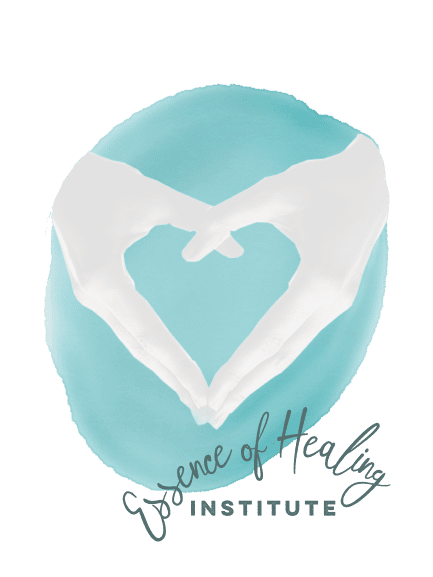June 27, 2022 | Leonie Blackwell Posts
‘By becoming trapped in justifying who we are, what our intentions are or even why we acted, said, or held a particular opinion, we become an explainer. The more we justify and explain our “normal” behaviours, the more over-conscious of ourselves we become.’
Making Sense of the Insensible
Let’s break it down and explore what it looks like in our everyday lives.
We become an explainer when we feel we have to justify ourselves by explaining:
- Who we are or why we are the way we are
- What our intentions were behind the words we spoke or the actions we took
- Why we acted the way we did
- Why we said what we said
- Why we hold a particular opinion
The more we do this the more we will automatically believe we have to explain the reasons why we think, say, or do anything, even before we are asked to! Once we start giving more information than is asked for, we have become trapped by the limitations someone else created for us in our past.
The more automatic this pattern, the more self-conscious we will become of ourselves because we will be thinking and re-thinking our every move or hyper-aware that someone else will be. There is an aspect of this pattern that will feel like we are being judged by others and many will be hyper-sensitive to the opinions, judgements, and criticisms of others because of it.
Social Anxiety
When we are anxious in public, nervous around others, or feeling uneasy in company there is a real possibility that one of the reasons stems from the over-attention received as a child from the adults in our life. The attention was in the form of questions – what are you doing? Why did you say that? Why have you put that on? Why are you wiggling in your chair? What are you doing with your hands? What’s that look on your face for? What are you smiling at?
Then there are the statements: That looks ugly on you. Don’t stand like that it makes you look fat. Nobody likes a tomboy. Don’t do that in public (can be good advice in some cases!). Behave yourself, just once, for goodness sake. Sit still. Stop moving. Don’t embarrass me. Be careful you might fall. You’re clumsy. Don’t make so much noise. You can add your own to the list…
Kids being Kids
Many times, we are just being kids learning how to do something. Or just kids oblivious to the many rules our parents felt judged by. Of course, we learned about those rules when we experienced them imposed upon us.
Now I don’t think children should be left to run wild. We live in a society and there are appropriate times and places for most things. That’s not the point being made here. The point is that when we were made to explain our every move, thought, and feeling we ended up becoming too conscious of ourselves. As a child our answer would have often been ‘I don’t know!’ And it would have been true. Functioning from the right brain we were too busy just ‘being’ to know why we were doing anything.
Internalising your Childhood
If you feel on edge, anxious, nervous, uneasy, stop and think about it for a moment. Do you feel that way all the time? Is there anyone in particular that you feel on edge with? Do you explain your reasons for doing or saying things without being asked to? Do you feel conscious of yourself in a public setting or at work or at a family gathering or with friends or with your partner?
If you have internalised your childhood experiences, you may discover your internal dialogue is very critical. Is your own mind making you nervous, anxious, or uneasy?
If you are saying yes to any of this, then take a deep breath. Remember you can’t fix anything until you know what the cause is. You now know that you have experienced the limitations that stem from the projected rules of your family, culture, gender, religion, or society that didn’t work for you as a child and definitely isn’t working for you now.
Changing the Pattern
The first step is to acknowledge that you are no longer that child and as an adult you can decide for yourself who you are and what you do.
Next is to implement change. Rarely does anyone just stop a pattern that they have been doing unconsciously for years. So be fair to yourself and approach it from the perspective of learning a new skill – it will take practice and you won’t always do it the way you had hoped.
Here are some things you can implement:
- Try only answering the question asked with no extra information.
- Identify specifically what you are conscious of.
- Find out who you really are and what you really like about yourself.
- Identify the people you do feel comfortable around and spend more time with them if you can.
- Set your intent to be grounded and learn to maintain healthy energetic boundaries, especially when in the company of people you feel uneasy with. (Hint there are lots of great positive affirmations that can be tapped each day to help with boundaries)
When do you become the explainer and what steps are you going to take to break this pattern?
